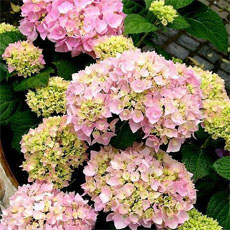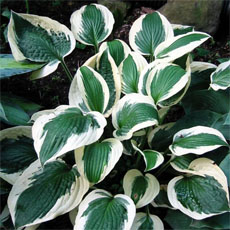Anemone Species, Few-flowered Anemone, Small-Flowered Anemone
Anemoneparviflora
Synonym
Anemone
borealis
Anemone
cuneata
Anemone
cuneifolia
Anemone
indeterminata
Anemone
tenella





















































